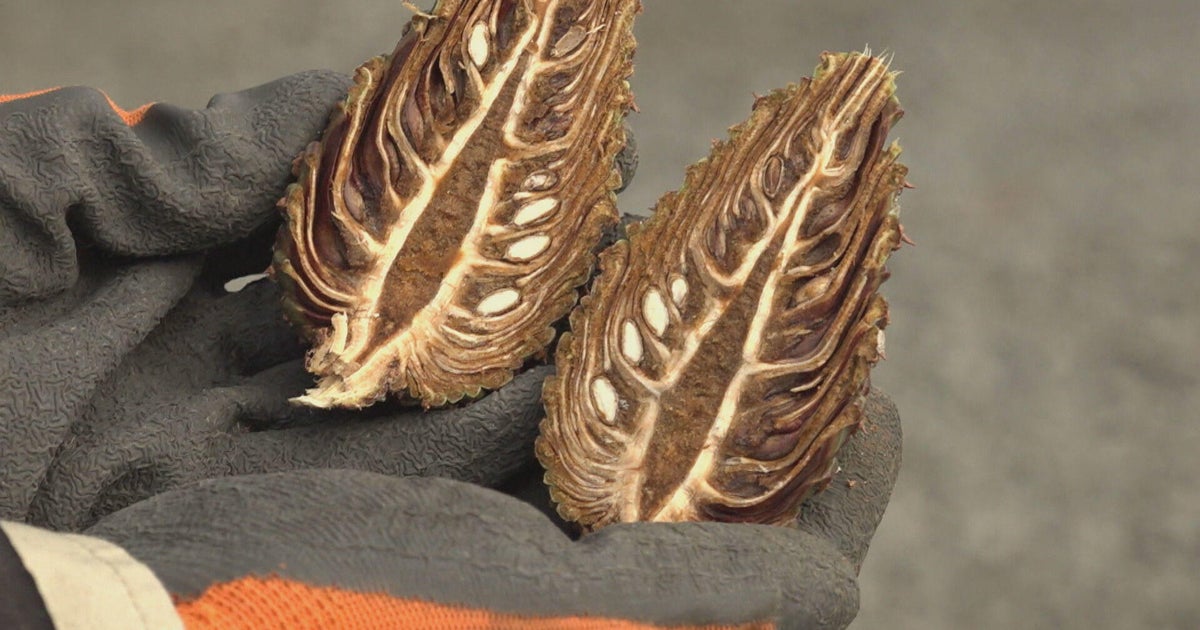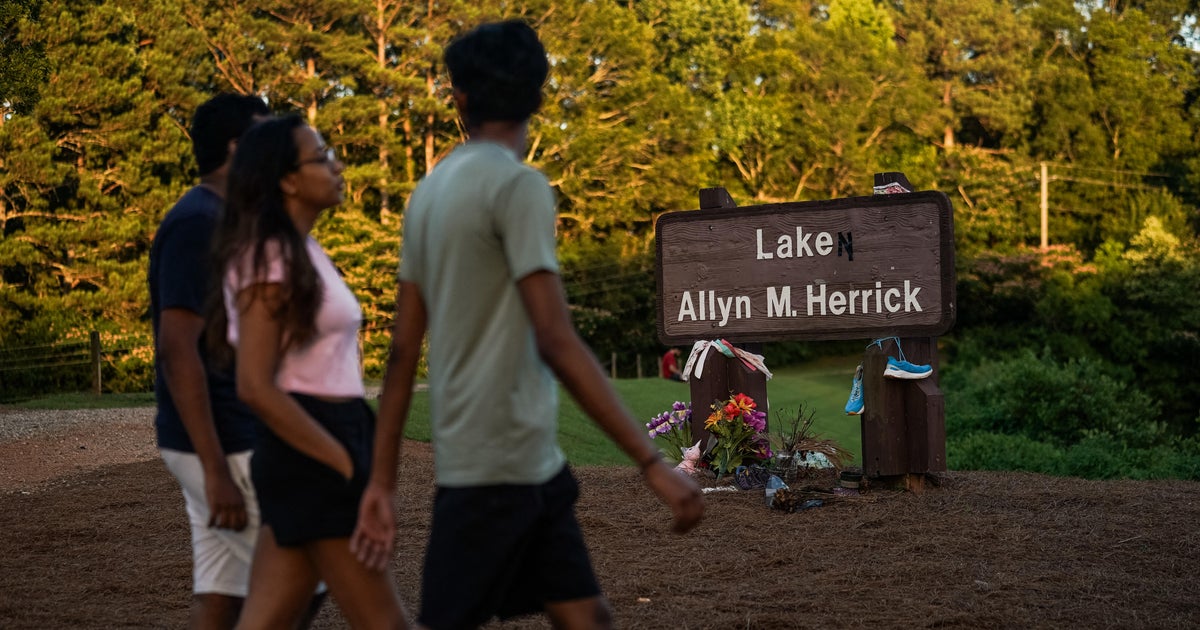American scientist murdered in Crete suffered a slow death, forensic pathologists say
Forensic pathologists who carried out the postmortem on an American biologist whose body was discovered in a Nazi bunker in Greece earlier this week told CBS News her death was far from quick. Greek officials say Suzanne Eaton was suffocated to death and then dumped in the dank, labyrinthine World War II-era bunker.
Some Greek media outlets reported that she had knife wounds and may have been tortured but the pathologist CBS News' Holly Williams spoke with said he can't comment on those reports or on whether she was sexually assaulted.
"It's open right now, we're looking forward, maybe we can find DNA," Stamatis Belivanis said.
Greek police have not confirmed whether they are questioning possible suspects, but said they have collected DNA samples from some people.
Investigators, volunteers and family members, spent days scouring rugged terrain in extreme heat for any sign of the 59-year-old, who was last seen playing piano at the hotel where she was attending a conference. Her family believes later that day she went for a run later that day, something she did every day. All her belongings, including her passport, wallet and phone, were still in her room, but her running shoes were not.
Eaton was an extraordinary individual by any measure – an award-winning scientist, keen sportswoman, accomplished pianist and mother of two.
"Sue is too great a person for her legacy to be defined in any way by how we lost her," her sister said in a statement. "A strong, kind, brilliant, selfless human being."
Now Katerina Karkala-Zormpa is helping care for her sons and husband at the academy where Eaton was attending a conference.
"For us we saw that family coming and being touched by this but also having all this strength to go to the end and find their mother," she said.
Crete is a peaceful island steeped in ancient Greek mythology. The locals are horrified by a killing of a guest on their island.




